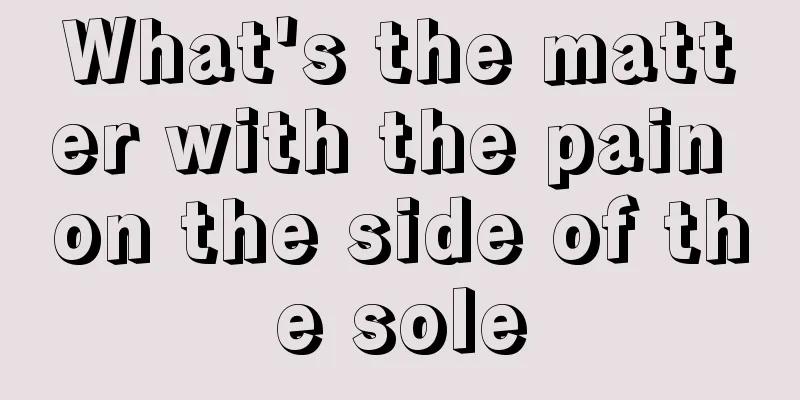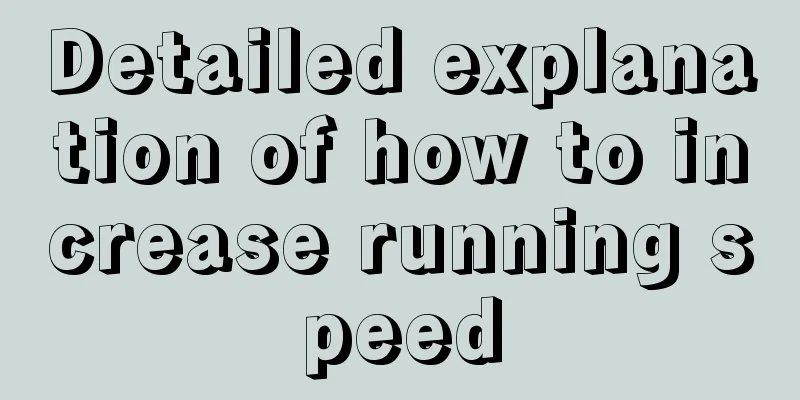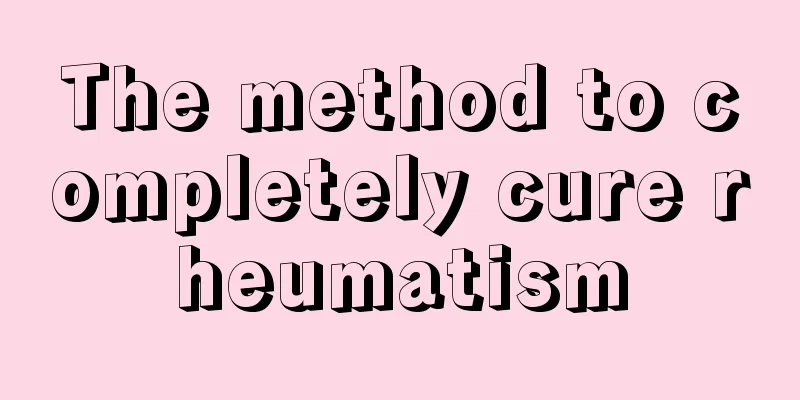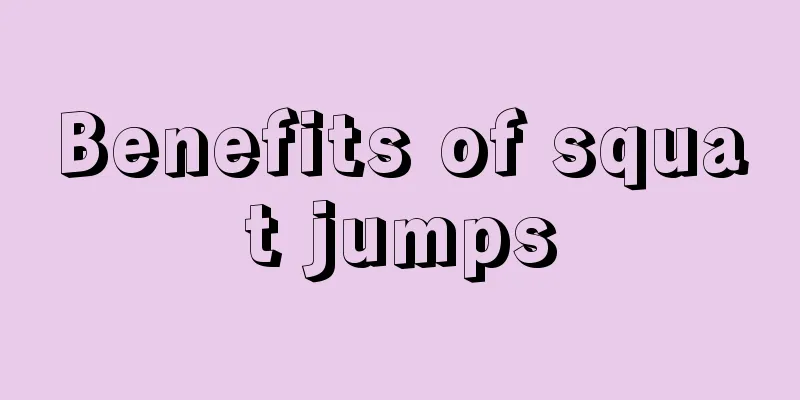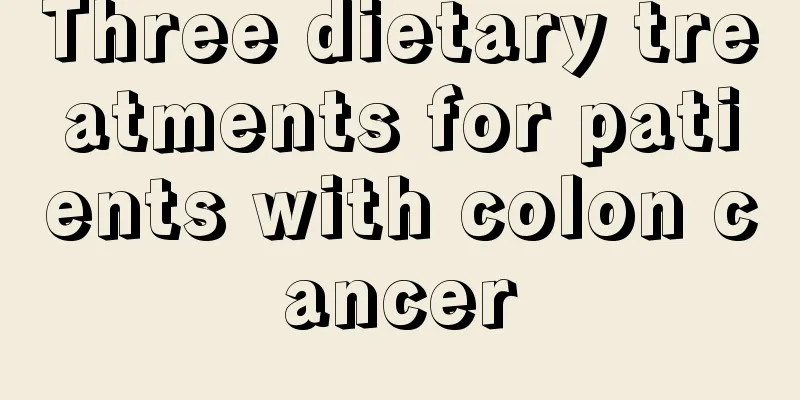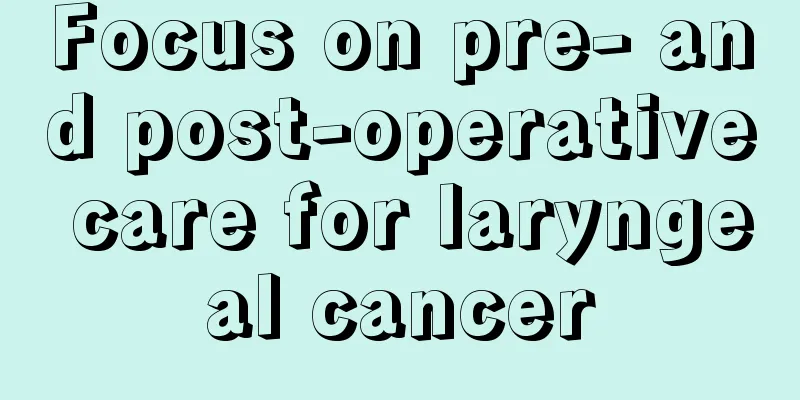What to do with lumbar curvature, this treatment is effective
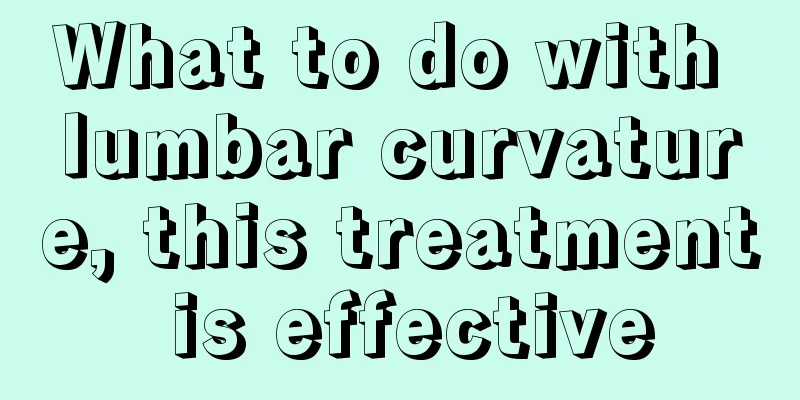
|
The lumbar spine is an important part of the body. In a sense, it is an organ that is easily deformed and is prone to bending. In this case, patients can use medication to treat it, and can also use methods such as manual reduction, brace fixation, and traction to correct it. 1. Causes of lumbar curvature Due to the complexity of the living environment, there are many causes of lumbar curvature. From the perspective of its anatomical structure, the lumbar spine is a part that is easily deformed and has relatively less protection. When the nucleus pulposus of the lumbar intervertebral disc protrudes, the lumbar muscles will have varying degrees of spasm. This is because the protrusion of the nucleus pulposus pushes the annulus fibrosus and posterior longitudinal ligament, causing them to compress the spinal nerve roots, changing the tension of the posterior longitudinal ligament, and subsequently causing an inflammatory response. It is transmitted to the central nervous system through the dorsal rami of the spinal nerves and the recurrent rami of the meninges. The psoas muscle undergoes protective spasm to protect the sensitive interspinous ligament and relieve pain. Secondly, due to the pressure of the protrusion, nerve root irritation symptoms are caused, causing the muscles (lumbar muscles) innervated by the nerve to spasm, often mainly on the affected side. When touched, the paraspinal muscles on the affected side of the waist are stiff. If the lumbago is unilateral, the contralateral lumbago muscles are relatively relaxed, so scoliosis occurs. If the bilateral lumbar muscles are spasmodic, the physiological lordosis of the waist may be deepened or straightened, or the lumbar muscle spasm caused by arching the waist backwards may not only change the physiological curvature of the waist, but also cause scoliosis. At the same time, lumbar muscle spasm also plays a role in maintaining the new balance between the vertebrae of the spine after injury. It can be said that these changes are protective, with both advantages and disadvantages. This is also one of the main reasons for lumbar curvature caused by lumbar disc herniation. What to do if your spine is curved? 1. Medication: Different medications and dosages are used to assist in treatment according to different conditions and patient constitutions. Recommended reading: What are the main causes of spinal curvature? 2. Manual reduction can peel off ligament adhesion, improve muscle nutrition, strengthen muscle metabolism, and enhance muscle elasticity. It can dredge meridians, improve blood circulation, and soften soft tissues and ligaments. 3. Brace fixation: After traction, use necessary brace to force the repositioned spine to remain stable and unchanged without retraction, which also has the effect of expanding the intervertebral space. 4. Traction can increase the space between vertebrae and separate the adhesion tissues, thus achieving the purpose of reduction. |
<<: What causes itchy eyeballs? Be careful of these eye diseases
>>: What foods are good for lower back pain?
Recommend
Will chronic prostatitis and cystitis turn into cancer? Let's introduce the hazards of the two diseases respectively
I believe that many patients are very familiar wi...
The harm of pigment extraction to remove spots
The pigmentation spots on people's faces or b...
How to correct walking on tiptoe
From toddling to walking fast, walking is the mos...
A brief discussion on the factors that induce prostate tumors
Prostate cancer is a common male disease that ser...
What should I do if I bleed at 50 days of pregnancy?
For those who are preparing for pregnancy, gettin...
Does prostate cancer affect pregnancy
Prostate disease is a common male disease that ca...
The harm of squatting for a long time to defecate
With the popularity of mobile phones and the deve...
Cardiogenic syncope, timely treatment
Fainting is very common. When you go out shopping...
What are the complications of prostate cancer bone metastasis?
Prostate cancer is the most common male disease. ...
Are there symptoms of frequent urination in nephritis?
Nephritis is a common disease, and its incidence ...
The three sleeping positions that are most damaging to a man's kidneys
We spend one-third of our lives sleeping. Therefo...
How to eliminate tension
Performance in public can best reflect a person&#...
Joint discomfort caused by air conditioning
Many people know that using air conditioning for ...
How to accurately detect small cell lung cancer
How to accurately check for small cell lung cance...
How to slow down the recurrence of esophageal cancer patients after surgery
The standard mode of esophageal cancer surgery is...
